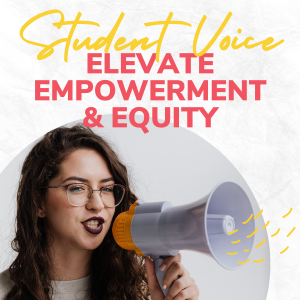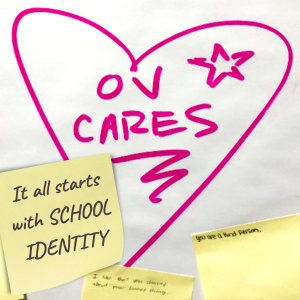Along with Drs. Joanna Smith and Heather McClure of the University of Oregon, I recently spent 10 days exploring Education City, an international higher education hub in Doha, Qatar, on the Arabian Peninsula.
Qatar has begun pursuing a national vision to transition its economy by 2030, from one based on the production of natural gas and petroleum to one focused on knowledge in science, technology, engineering, and mathematics (STEM). To that end, the Qatar Foundation (QF), which supported our visit, launched Education City in 1997, importing top undergraduate and graduate programs from the U.S., the United Kingdom, and France:
- Carnegie Mellon University (computer science)
- Georgetown University (international relations)
- Hautes Etudes Commerciales de Paris (business and management)
- Northwestern University (communications and journalism)
- Texas A&M (engineering)
- Virginia Commonwealth University (design)
- University College London (archaeology)
- Weill Cornell Medical College (medicine)
Funded by Qatar’s royal Al-Thani family, Qatari students can pursue degrees from these institutions, which adhere to the same requirements as their main campuses; students from outside Qatar pay full tuition.
Women represent more than 2/3 of students in Education City, where graduation rates equal or surpass those at the corresponding main campuses. However, cultural, economic, and sociohistorical factors have created barriers to women entering STEM careers at the rate that QF, the Al-Thani matriarch Sheikha Moza, and others have hoped for. Qatar is an amazing juxtaposition of traditional Arab practices and modernity that is reformulating Qatari life at Internet speed, creating a context ripe for in-depth study of what might enable the nation to realize its vision.
To support QF’s mission to increase women’s participation in university study and expand their postgraduation outcomes, Smith, McClure, and I trained faculty and staff across Education City in research methods from survey administration to interviews to the nominal group technique. We also hosted workshops and engaged in a listening tour to refine our proposal for a three-year research grant from QF to study Education City’s role in “unlocking the human potential” [the QF motto] of Qatari women.
In our proposal, which will include EPIC senior researcher Ross Anderson and collaborators at each of the Education City campuses, we intend to ask the following questions about Education City’s Qatari women students:
- What common themes around unlocking the human potential are found in their narratives?
- What experiences do they identify as contributing to their postgraduation outcomes?
- What personal and professional hurdles did they have to overcome and what resources and experiences do they wish they had had while at Education City?
- How can these findings inform programs and practices at Education City campuses?
To answer those questions, we have imagined a three-year study featuring:
- Qualitative coding of the written narratives of Education City’s Qatari women students.
- Case studies of Qatari women graduates with a variety of postgraduation outcomes such as entrepreneur, STEM professional, graduate student, government trainee, wife/mother.
- Focus groups with Education City faculty/staff, as well as Qatari families, students, and alumnae to interpret themes from Phase 1 and 2.
- Design and evaluation of pilot interventions such as peer-mentoring, alumnae mentoring of students, work experience and job shadowing, mock job interviews, and Education City faculty/staff-family communication strategies.
Our visit to Doha was invaluable. Experiencing the context constantly pressed upon our assumptions, leading us to think, rethink, and rethink again every component of our study, which has evolved considerably from when we began planning in Fall 2014. We will submit our grant proposal in November 2015. If funded, we expect to begin research activities in Summer 2016.
Michael Thier
Research Associate





